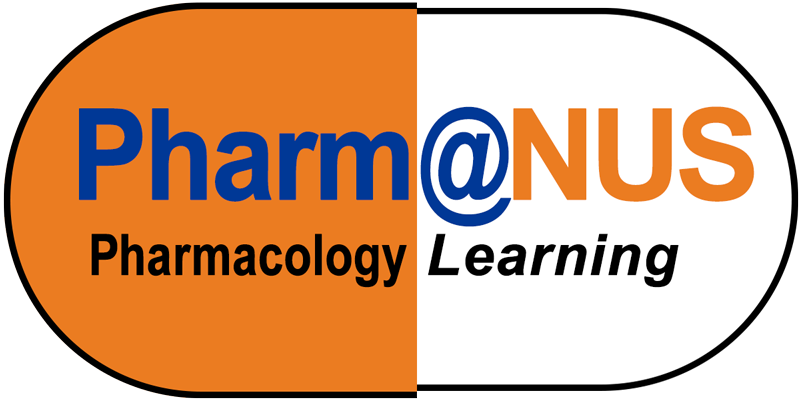Does the use of proton-pump inhibitors (PPIs) increase the risk of Clostridioides difficile infection?
Medical literature has debated whether PPIs increase the risk of C. difficile enteric infections for many years. Analysis of the issue has been complicated because proton-pump inhibitors are often taken together with antibiotics in triple therapy to eradicate Helicobacter pylori. Antibiotics can alter the normal gut microbiota allowing the proliferation of C. difficile.
While the pathophysiological mechanisms remain unknown, the evidence increasingly supports the conclusion that PPIs increase the risk of C. difficile infection even without antibiotic use (Wolfe et al., 2021). There is a greater risk of C. difficile infection with PPIs than H2 receptor blockers (Kwok et al., 2012; Leonard et al., 2007). Although there is considerable variation among studies, overall PPIs also increase the risk of recurrent C. difficile infection (Kwok et al., 2012; Tariq et al., 2017).
References
Kwok CS, Arthur AK, Anibueze CI, Singh S, Cavallazzi R, Loke YK. Risk of Clostridium difficile infection with acid suppressing drugs and antibiotics: meta-analysis. Am J Gastroenterol 2012; 107(7):1011-9.
Leonard J, Marshall JK, Moayyedi P. Systematic review of the risk of enteric infection in patients taking acid suppression. Am J Gastroenterol 2007; 102(9):2047-56.
Tariq R, Singh S, Gupta A, Pardi DS, Khanna S. Association of Gastric Acid Suppression With Recurrent Clostridium difficile Infection: A Systematic Review and Meta-analysis. JAMA Intern Med 2017; 177(6):784-791.
Wolfe, M.M. (2021) Proton pump inhibitors: Overview of use and adverse effects in the treatment of acid related disorders. Feldman, M., & Grover, S. ed. UpToDate. Waltham, MA: UpToDate Inc. http://www.uptodate.com (Accessed on Feb 1, 2022).

Leave a Reply